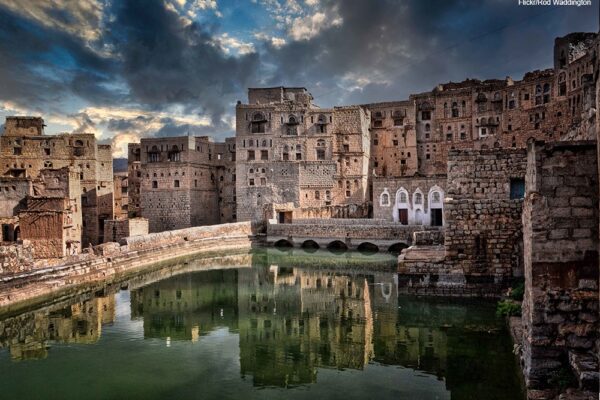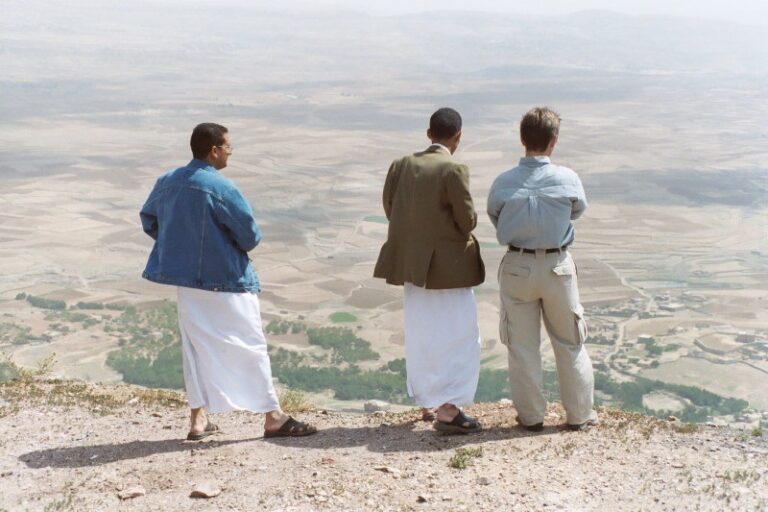In the past seven years, Yemen has experienced immense human suffering, war, and destruction. Since the final and violent collapse of Yemen’s transitional process, ongoing cycles of violence have taken a huge toll on the life of Yemenis, damaging state institutions and the economy, and creating seemingly intractable social divisions.
Given the contested nature of public institutions, civil society organizations across the country have taken the responsibility to ensure the delivery of various basic services, and encourage inclusion and greater civic participation.
Civic solidarity and activism, particularly at the local level, have made Yemen an example of remarkable civic progress in the region. Young people have especially shown resilience to cope with difficult circumstances and transform in positive ways their communities.
However, structural obstacles prevent civil society actors from unfolding their full potential as change agents, hindering their activities from percolating up to the Track 1 level. The war’s fragmentary nature has significantly undermined coordination among CSOs, limiting their capacity to develop evidence-based research necessary to shape and sustain peace efforts and, thus, limiting the capacity of Yemenis to identify and shape solutions to the conflict.


